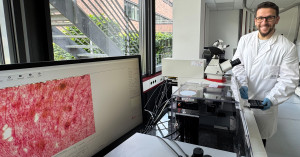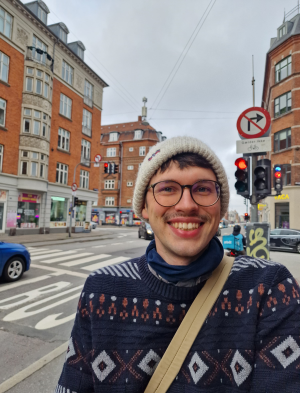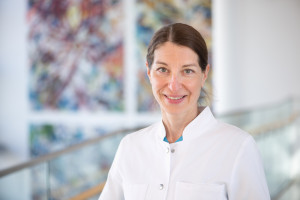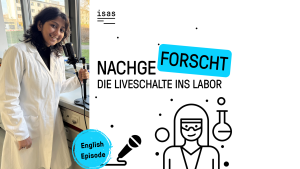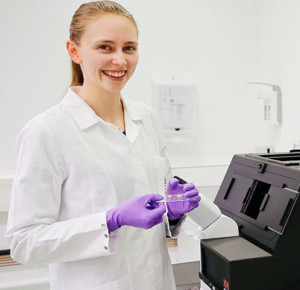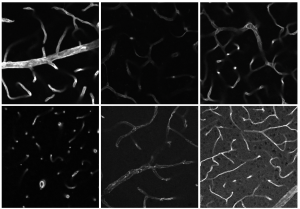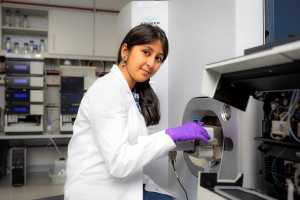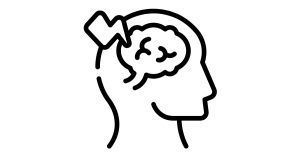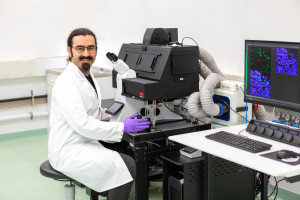Dortmund, 6th June 2024
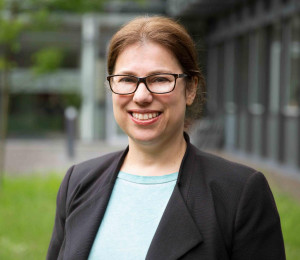
In addition to her role as a scientist, Dr Yvonne Reinders is actively involved in promoting good scientific practice at the Institute.
Dr Yvonne Reinders has been working as a scientist at the institute since 2018. Her research focuses on proteomics. In 2020, the biochemist successfully applied for an honorary position as an ombudsperson for good scientific practice. Ever since, she has been one of two independent contacts for all questions regarding the rules for safeguarding good scientific practice. To gain an insight into her work as an ombudsperson, the editorial team asked Reinders to complete the following sentences.
-
My job as an ombudsperson at ISAS is…
to advise employees on good scientific practice and avoid possible discrepancies. A large part of my job and that of my colleague, Dr Roland Hergenröder, who is also an ombudsperson, is therefore prevention through education. We regularly advise all researchers – from students and doctoral candidates to experienced colleagues – on the principles of good scientific practice. Indications of scientific misconduct can also be reported to us so that we can deal with them in accordance with the ISAS guidelines for safeguarding good scientific practice. We also offer support in the event of conflicts.
-
It is particularly important to me…
that I am always available as a point of contact for my colleagues at all career levels. My aim is to create an atmosphere in which everyone can turn to me with confidence. I therefore give regular talks to strengthen knowledge of good scientific practice and to constantly reawaken awareness for this among all researchers at the institute.
-
Good scientific practice...
to put it simply, means ensuring that one's own behaviour complies with the relevant guidelines – and thus ensuring scientifically correct conduct. Scientific errors can occur anywhere, including in a lack of knowledge. It is therefore crucial that good scientific practice is considered by all employees, regardless of their position.
GOOD SCIENTIFIC PRACTICE
Good scientific practice comprises ethical and methodological standards that serve as a foundation for scientific work. The principles of good scientific practice include, among other things, researchers applying current methods and continuously checking the accuracy and comprehensibility of their results. The prerequisites for this are responsible, conscientious, and transparent behaviour, proper documentation and respectful treatment of other researchers and their research contributions.
